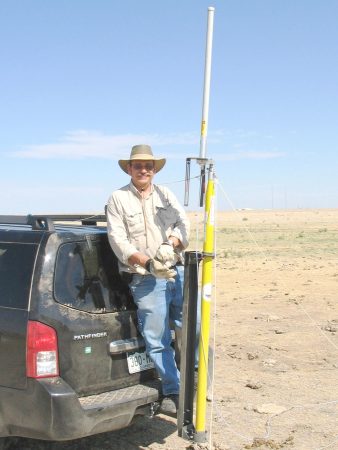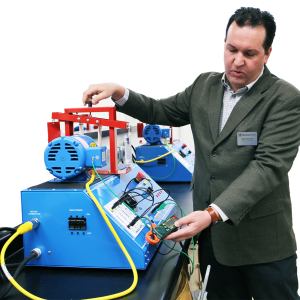
Michigan Tech ranks 5th on a list of 13 non-ivy league schools that produce the best software engineers in the U.S., recently published by DesignRush.
The demand for software developers is steadily increasing, with 21% expected growth from 2018 to 2028. To help industry meet this need, DesignRush has published a list of non-ivy league schools that produce the best software engineers in the U.S.
- University of California, Irvine
- Stevens Institute of Technology
- California Polytechnic State University
- Iowa State University
- Michigan Technological University
- Milwaukee School of Engineering
- The University of Texas at Dallas
- Drexel University
- Auburn University
- Miami University
- Grantham University
- University of Louisiana Lafayette
- Robert Morris University
DesignRush.com is a B2B marketplace connecting brands with agencies. DesignRush features the top agencies around the world, including the best Digital Agencies, Software Developers, Logo Design, Branding, Digital Marketing, Website Design, eCommerce Web Design Companies and more.







